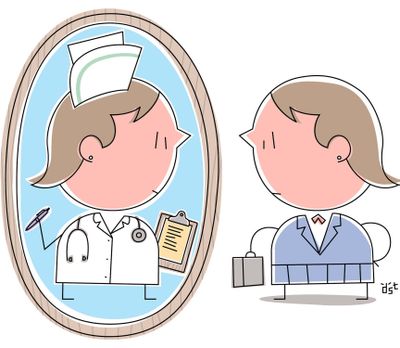Recession-resistant career paths

Sobering news on the jobs front closed 2008: Spokane County’s unemployment rate climbed to 7.6 percent, higher than the national average of 7.2 percent.
And rural counties surrounding Spokane are having an even worse time, with jobless rates in the double digits in Pend Oreille, Stevens, Ferry, Adams, Columbia and Grant counties. Across the border in North Idaho, Kootenai County’s unemployment rate reached 6.6 percent, a 4 percentage point increase from the previous year.
But there are bright spots – or at least gleams of light – within the economy, according to a new report from the Washington Employment Security Department. The report outlines the region’s most “recession-resistant” industries and suggests paths for those looking to launch new careers.
Q:Which industries are recession-proof?
A:Recession-proof might be overstating it. Washington state analysts use “recession-resistant” to refer to industries that performed best during the 2001-03 recession – adding jobs, holding steady or showing an ability to recover more quickly than other industries.
Jobs in health care, federal government and education were among the most resistant to recession. The analysis also found, unsurprisingly, that debt collectors and companies that mediate credit problems for consumers are among the industries least affected by recessions.
Q:Where should people look for new jobs or growth in hiring?
A:According to the report, careers that are the “safest bets for continued growth” in Washington are computer engineers and programmers, home-care aides, multimedia artists and animators, and social and human-service assistants. Among the economic sectors that suffer in a recession but are quicker to rebound: general merchandise stores, wholesale traders online and educational services.
Doug Tweedy, regional economist for the Employment Security Department, said Spokane’s strongest industries are pretty similar to those statewide, with health care jobs being the most plentiful.
“Anything in health care, from RNs to LPNs to certified nurses aides,” Tweedy said. “It is robust.”
Q:What other industries are showing strength?
A:Tweedy said “green” jobs are growing in the Spokane area as industries such as construction, agriculture and waste management adopt a more environmentally focused approach.
For a picture of which industries are hiring and which are not, go to www.workforceexplorer.com and click on “Demand/Decline Occupations.”
Overall, the situation is similar in Idaho, where health care and education are expected to add the most jobs in the next two years, followed by professional and business services, according to an Idaho Department of Labor report.
Q:What kinds of health care jobs are available?
A:The greatest demand is in fields that require training and education, such as nursing. There’s been a long-standing shortage of nurses, which regional colleges and health care companies have worked to address by expanding training and education opportunities.
But Paula Sweeney, vice president of operations for Interim Health Care in Spokane, said she expects the shortage of qualified applicants to continue well into the future. Interim Health Care provides medical care in homes and supplements staffs in hospitals and clinics.
Long-term job prospects in health care are strong – as baby boomers age, the demand for health care and, particularly, in-home care is expected to grow.
Q:So, everything’s sunny in that corner of the economy?
A:Not entirely. Robert Pierce, the director of Havenwood Home Care, said he’s seen his business decline in the past year, though he’s seen an increase in qualified candidates for jobs. His firm provides help around the home for older people – not medical care, but assistance getting through the day.
“People are always going to need care,” but in tough times, “they’re going to cinch up and do more with the family,” he said. “I know a lot of providers with satellite offices, and they’re closing those satellite offices and centralizing.”
Q:How useful is it to know which industries are recession-resistant?
A:If you’ve lost your job or are simply looking for one, it can tell you where to best put your energy, experts say. Tweedy said that lots of jobs “cross industries” – if you’re a manager at a construction company and you lose your job, you might find that your managerial skills would be applicable in health care or education.
“You can cross industry lines and get into an industry that’s more recession-resistant,” he said.